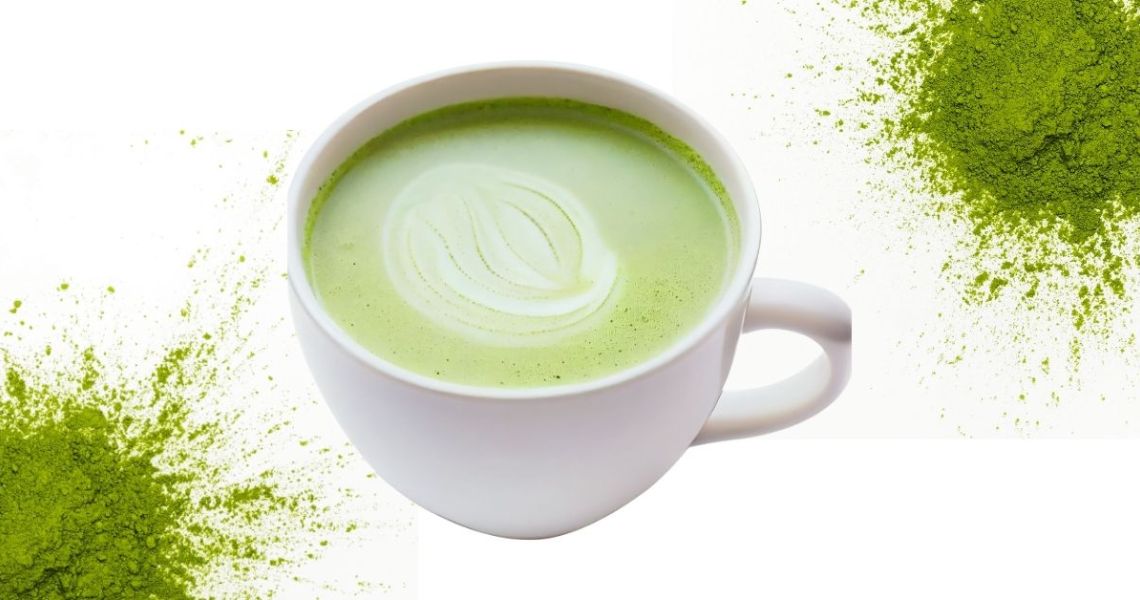Can a daily cup of matcha help manage stress and anxiety? GW Medicine Chief Wellness Officer Leigh Frame, PhD, MHS, was recently featured in a Verywell Health article exploring the science behind this popular powdered green tea.
In the article, Dr. Frame explains that matcha’s potential stress-reducing effects are largely due to its high concentration of L-theanine, an amino acid that promotes relaxation by increasing calming brain wave activity and modulating key neurotransmitters like GABA, dopamine, and serotonin. Matcha also contains EGCG, a powerful antioxidant that may help reduce oxidative stress and inflammation—two contributors to anxiety.
“L-theanine promotes relaxation without sedation,” notes Dr. Frame. "Combined with matcha’s moderate caffeine content, it results in a more balanced stimulation—often referred to as ‘calm alertness.’”
Dr. Frame emphasizes that while matcha may support stress resilience, it should be viewed as one component of a whole-person, integrative approach to well-being. “Managing stress and anxiety effectively means addressing multiple dimensions of health—sleep, movement, relationships, emotional resilience, and more,” she says. “Matcha isn’t a cure-all, but it can be a gentle, supportive addition to a comprehensive self-care routine.”
Dr. Frame is also an associate professor of Clinical Research and Leadership and Physician Assistant Studies (secondary), executive director of the Office of Integrative Medicine & Health, director and research director of the Resiliency & Well-being Center, and co-director of the Frame Corr Lab at the GW School of Medicine & Health Sciences.
Read the full article here: Is Matcha Good for Anxiety? – Verywell Health
